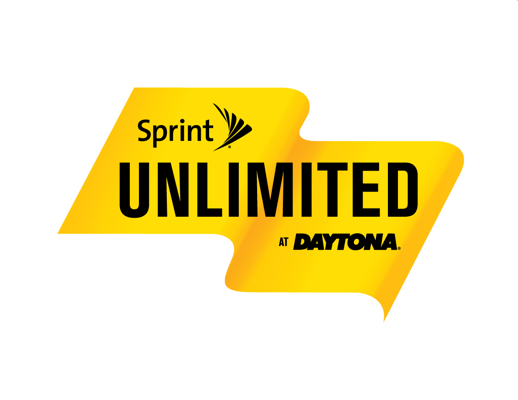
So, once again a NASCAR team has found a way to bolster their potential status by acquiring owner’s points from another team. This latest round of commodity trading involves Stewart-Haas Racing and their driver Danica Patrick. This particular deal is interesting due to the fact that some a new NASCAR rule change, going into effect beginning with the Daytona 500, may actually impact the value of acquiring those owner’s points. Here’s the highlights from this deal:
We’re all aware that Danica Patrick will be running the full 2013 NASCAR Sprint Cup schedule in the #10 Chevrolet for Stewart-Haas Racing, (SHR).
Patrick will be starting the new season with zero owner’s points. She ran ten Sprint Cup races last year via a partnership between SHR and Tommy Baldwin Racing, (TBR). Driver David Reutimann ran the remainder of the races in the #10 car and earned enough owner’s points to place the team 33d in the final owner’s standings. However, earlier this year, TBR exercised their right to transfer those points to driver Dave Blaney and their #7 team. That’s why Patrick has no owner’s points for this year.
Meanwhile NASCAR finally felt it was time to eliminate the long standing rule that said teams within the top 35 in owner’s points were guaranteed a starting berth even if misfortune hampered their qualifying attempts. The new rule for 2013 will set the first 36 cars based on qualifying speeds. The remainder of the field will be set on owner’s points provisionals with at least one of those berths available for a past champions provisional.
In order to ease the tension of the #10 team’s owner’s points situation, SHR, back on February 8th, announced they had made a deal to acquire the owner’s points from Robinson-Blakeney Racing, the owners of the now defunct #49 team. The car was driven last year by J J Yeley which, due to a frequent start and park status, finished 42nd in the 2012 owner’s points standings. According to NASCAR rules these newly acquired owner’ points can be used as qualifying provisionals during the first five races of the season.
Does this mean that SHR has in effect purchased a starting berth for their #10 team into the Daytona 500? Not necessarily. That’s because the Great American Race has a unique qualifying format that separates itself from the other 35 points paying events on the schedule.
The starting field for the Daytona 500 is traditionally based on qualifying speeds and the results of two very intense 150 mile heat races: the Budweiser Duels. That process sets the first 32 positions in the race based on the top 15 finishers from each race. Positions 33 through 36 is awarded to the fastest four drivers from qualifying day who didn’t race their way in via the Budweiser Duels. Positions 37-42 are provisionals based on owner’s points. The final position is a past champion’s provisional.
If Patrick, and her #10 team, experiences difficulty with either qualifying or the Budweiser Duels, and it has been known to happen in the past, then she might have to rely on the owner’s points provisionals to make the race. The possibility that her newly acquired 42nd ranking in owner’s points may not be enough to earn that provisional start could exist. On the opposite extreme, it’s also possible that the newly acquired owner’s points could actually get the team in the race.
That likely could create an outcry from NASCAR media and fans regarding a team buying their way into the Daytona 500. NASCAR recently received high praise for eliminating the guaranteed starts for the top 35 teams in owner’s points. Now they need to address the policy of transferring owner’s points. Those points should remain with the teams that earned them, even if that team is no longer in the business of NASCAR racing. They should not be allowed to be purchased like a commodity on the New York Stock Exchange.







